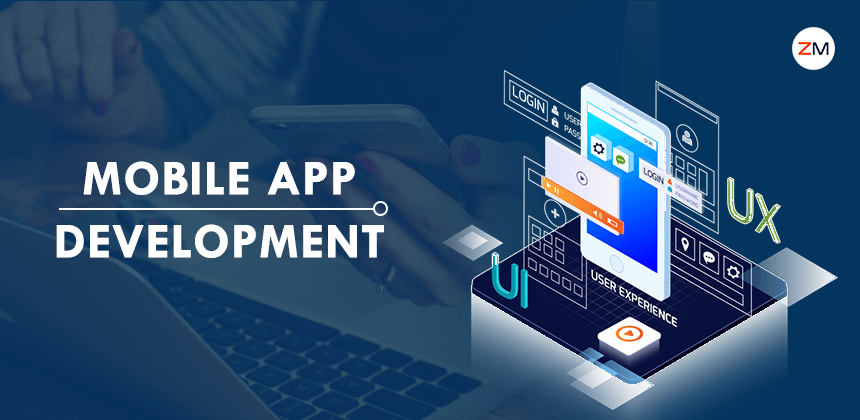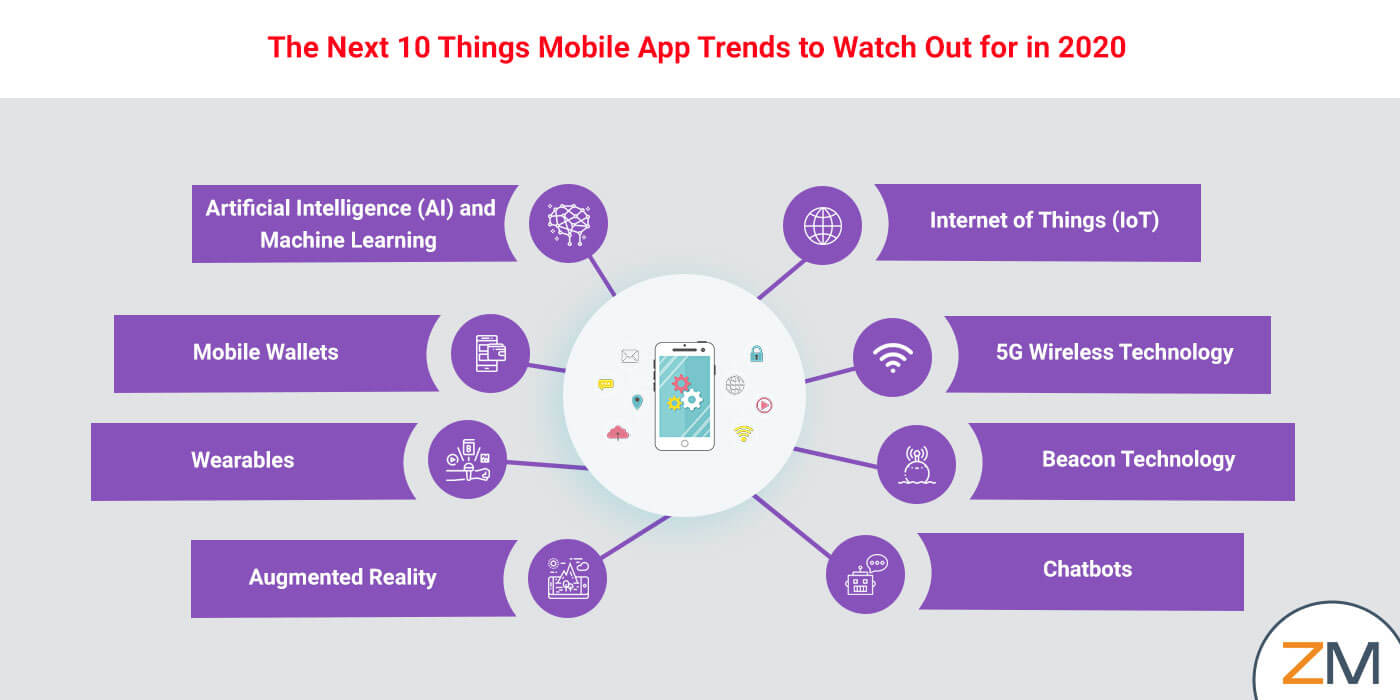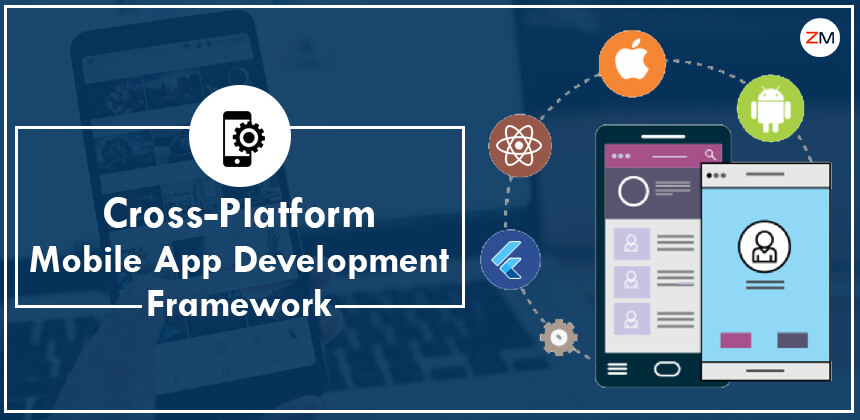Swift Vs. Flutter: Best Choice For iOS Development
Swift or Flutter—which is the better choice for iOS development? Dive in as we compare speed, performance, and flexibility to help you decide!
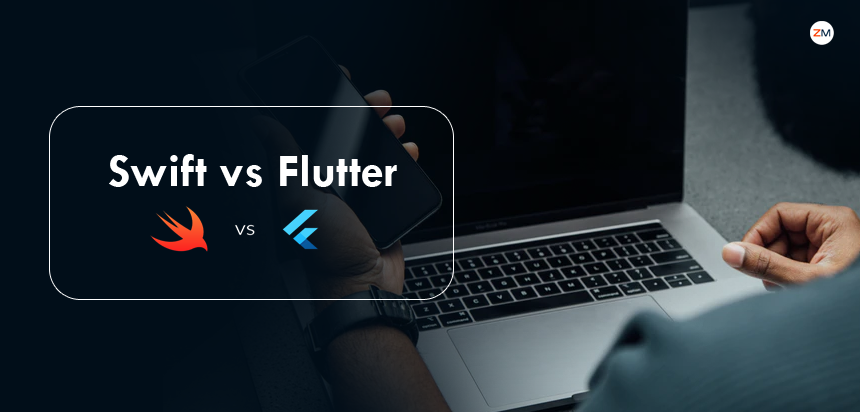
With the growing demand for mobile applications, developers and businesses are often torn between choosing Swift and Flutter for iOS app development. Swift, Apple's native language, is known for its performance and seamless integration, while Flutter, Google’s UI toolkit, is gaining traction due to its cross-platform capabilities and fast development cycle.
This article provides an in-depth comparison of both platforms, highlighting their strengths and weaknesses across various parameters.
Swift vs. Flutter: A Head-to-Head Comparison
1. Speed and Performance
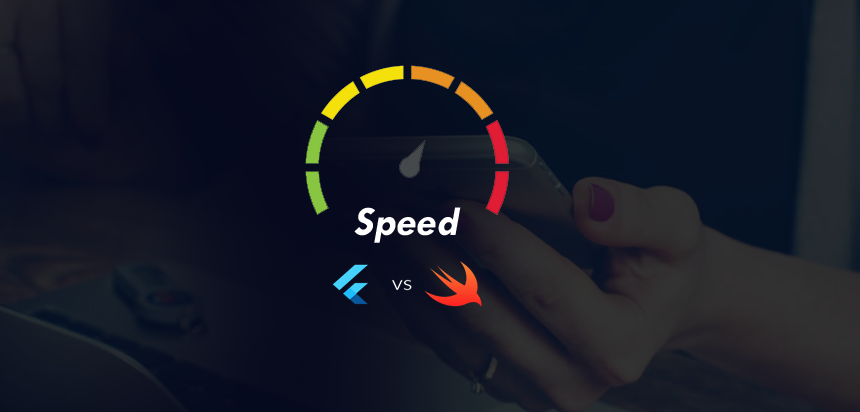
Swift
Swift is optimized for iOS devices and delivers high-performance applications. It is almost as fast as C-based languages and integrates seamlessly with Apple’s hardware and software.
Flutter
Flutter applications rely on the Skia graphics engine, which provides smooth performance. However, Flutter apps may run slightly slower than native Swift apps, especially in CPU-intensive tasks.
Verdict
Swift is the clear winner in raw speed and optimization.
2. Hot Reloading
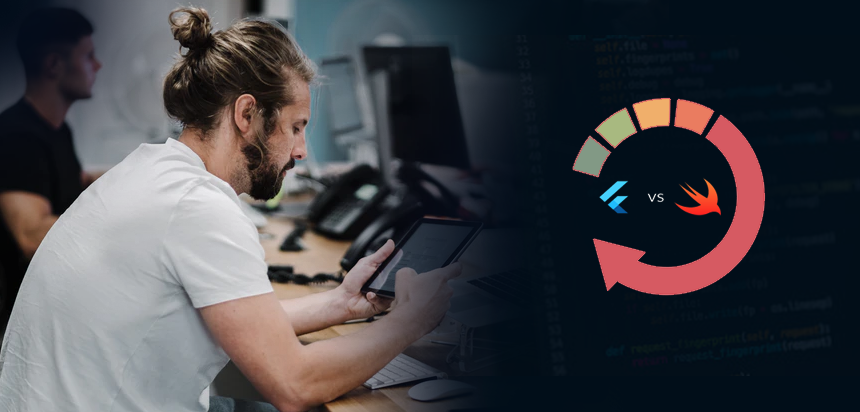
Swift
Developers using Swift need to rebuild the entire app to see changes, which can slow down the development process.
Flutter
Flutter’s Hot Reload feature allows real-time updates without restarting the app, significantly speeding up development.
Verdict
Flutter wins in terms of development speed.
3. Documentation & Testing

Swift
Apple provides the XCTest framework for testing, but it lacks built-in support for advanced features like data-driven testing and snapshot testing.
Flutter
Flutter offers a well-documented testing framework that supports unit, widget, and integration testing efficiently.
Verdict
Flutter takes the lead due to its comprehensive testing tools.
4. Development & Integration

Swift
Swift offers Apple’s native tools like Xcode, but it lacks seamless CI/CD (Continuous Integration/Continuous Deployment) support, making scalability a challenge.
Flutter
Flutter integrates smoothly with Codemagic and other CI/CD solutions, making development and deployment more efficient.
Verdict
Flutter wins in this category due to its superior integration and development tools.
5. Installation & Onboarding

Swift
Swift’s onboarding process is simple, requiring only Xcode installation, which is a straightforward process.
Flutter
Flutter’s setup requires additional installations like IntelliJ IDEA, Android Studio, and Flutter SDK, making it a bit more complex.
Verdict
Swift offers a smoother onboarding experience.
6. Profiling

Swift
Swift uses Xcode’s Instruments for profiling, offering precise analytics for performance optimization.
Flutter
Flutter provides built-in profiling tools through DevTools, accessible via a browser.
Verdict
Both platforms offer strong profiling tools, but Swift provides a more native experience.
7. Accessibility
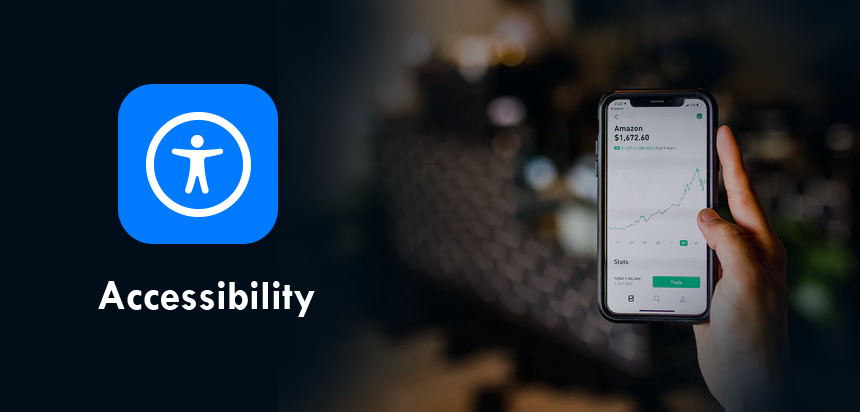
Swift
Swift offers UIAccessibility, making it easier for developers to implement accessibility features directly within Xcode.
Flutter
Flutter’s accessibility support is improving, but it still relies on external tools like Apple’s Accessibility Inspector.
Verdict
Swift is the better option for building highly accessible apps.
8. App Size
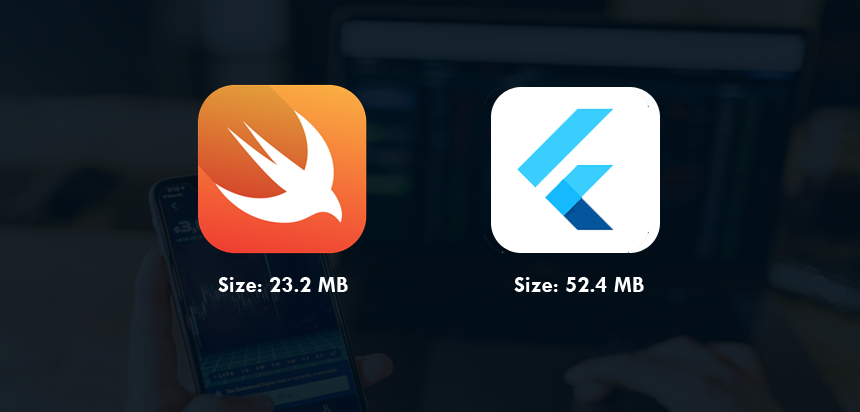
Swift
Swift applications tend to be smaller in size as they use Apple’s native frameworks and do not require additional runtime environments.
Flutter
Flutter apps are larger in size due to the inclusion of Dart’s runtime and additional dependencies.
Verdict
Swift is the better choice for lightweight apps.
Conclusion: Which One Should You Choose?
Both Swift and Flutter have their strengths. If you're building a purely iOS-based application and want maximum performance, Swift is the way to go. However, if you need a cross-platform solution with rapid development cycles, Flutter is a strong contender.
Comparison Table
| Feature | Swift | Flutter |
|---|---|---|
| Speed | Fastest on iOS | Slower initially |
| Hot Reload | Not available | Available |
| Documentation & Testing | Limited features | Comprehensive testing |
| Development & Integration | Limited CI/CD | Supports CI/CD tools |
Looking for expert iOS or cross-platform app developers? Zestminds can help bring your ideas to life. Contact us at contact@zestminds.com.

Shivam Sharma
About the Author
With over 13 years of experience in software development, I am the Founder, Director, and CTO of Zestminds, an IT agency specializing in custom software solutions, AI innovation, and digital transformation. I lead a team of skilled engineers, helping businesses streamline processes, optimize performance, and achieve growth through scalable web and mobile applications, AI integration, and automation.
Stay Ahead with Expert Insights & Trends
Explore industry trends, expert analysis, and actionable strategies to drive success in AI, software development, and digital transformation.
